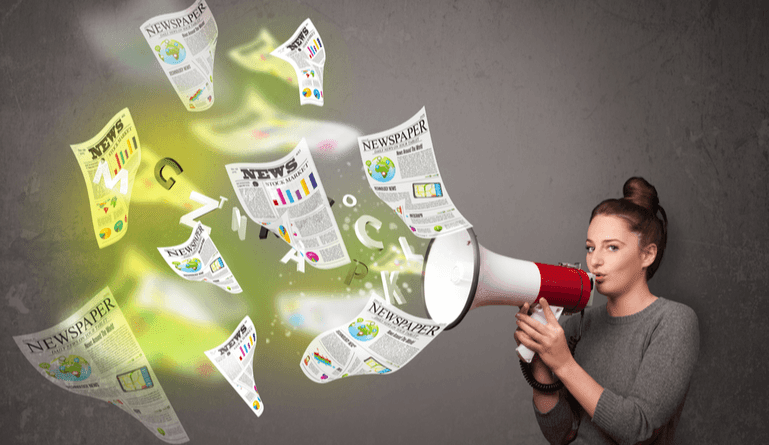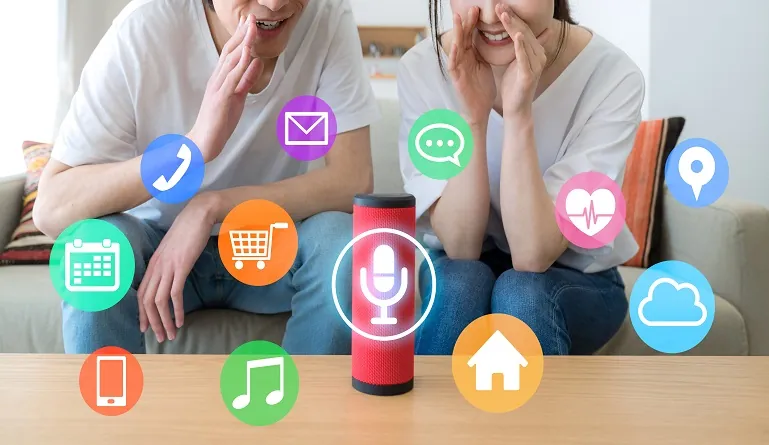A B2B event might be a conference, a convention, an awards dinner – anything that brings various vendors from B2B industries together for a specific purpose. Hubilo, an event management software company, describes B2B events as, “where various organizations and companies gather. These businesses belong to the same or related industries. Apart from the event activities like conferences, discussions, speeches, etc. such events help businesses to have in-person meetings. They can meet and discuss the ways in which they can benefit each other’s organization. Since this is the place for interaction of businesses, it is necessary that you have an ample audience. You need various companies to be at your event in order to ensure that it is a success. Depending on the size of your event, you need everybody from startups to multinational conglomerates.”
B2B Event Marketing Ideas for Successful Event
This is a big ask, which begs the question – how can you market your B2B event effectively? What are the best marketing event ideas that can drum up interest and draw in big crowds? Finding unique or compelling ways to communicate the importance or interesting nature of your event is key to the success of your event marketing.
Here are some B2B marketing event ideas that can help drive attendance at your event.
1. Create a need
It’s not enough to invite business people to your event – you have to make sure they understand why it’s important. You don’t want them to just want to come, but you want them to feel like they need to come. How is your event solving a problem? How are you going to help them find a solution? Talking about what speakers will bring to the table – such as new knowledge or insightful states – or what other businesses will be in attendance with that they might be able to partner with are often seen as helpful and important to attendees.
2. Create a sense of anticipation
You don’t want to annoy your invitees with constant communication, but you want to make sure they feel excited about what’s to come. One way to do this is to start talking about your event early and providing more and more interesting details along the way. Sending customers an email when a new panel is added or a new guest speaker signs on are ways to slowly grow interested over time and continue to convince people of the importance of your event.
3. Get the details right
You won’t have all the event details the day you start sending out communications and save the date invite – things are likely to fluctuate and change. But giving some details upfront about keynote speakers or other things that might get the attention of your invitees is a good way to start your event marketing strong. Another place to pay attention to details is in your marketing assets, such as signage and other materials. Having an event logo, for instance, is an important way to set yourself apart and be memorable to those invited. These kinds of details are worth paying attention to and can make a big difference in your marketing.
4. Partner with your sponsors and your speakers
Can you tap into the market or following of your speakers or event sponsors? Can you send joint emails to their email marketing list to announce the event and spread awareness? Using the power of the partnerships of the event can help make your event a larger success.
5. Remember your digital marketing tools
Marketing a B2B event is similar to marketing just about anything else for your business, as you have the same tools available to you and are likely speaking to the same audiences. Using landing pages, digital ads, email, and social media tools are tools that should be utilized throughout the whole event marketing process. Websites, for instance, and dedicated landing pages can not only share event details but also serve as the event registration platform. You can host reviews from attendees at previous events and highlight past speakers. Overall, Hubilo notes that a website has a lot of marketing power, noting, “Your event website can communicate your brand ideologies, detail the conferences and seminars that are a part of your event, list out your event sponsors. It can do everything to make your event appear better.” Sending out emails and social media posts about updates, speakers, and more also should be part of your B2B event marketing mix.
6. Don’t forget your “during the event” marketing
Think of your event as a brand of its own. Many B2B events are annual or regular occurrences, and so marketing needs to be about more than just getting people to attend this one event. Using social media tools, text notifications, or even an event-branded app can help you keep guests educated and engaged throughout the whole event. Emails and social media post-event follow up continues engagement and the conversation around your event going, as well as starts seeding the landscape for the next event. This helps you grow and maintain long-term relationships with vendors and attendees.
Planning and marketing a B2B event is a lot of work and planning, but there are plenty of avenues to help grow your event awareness, boost your attendance, and enable you to have a more successful event.





